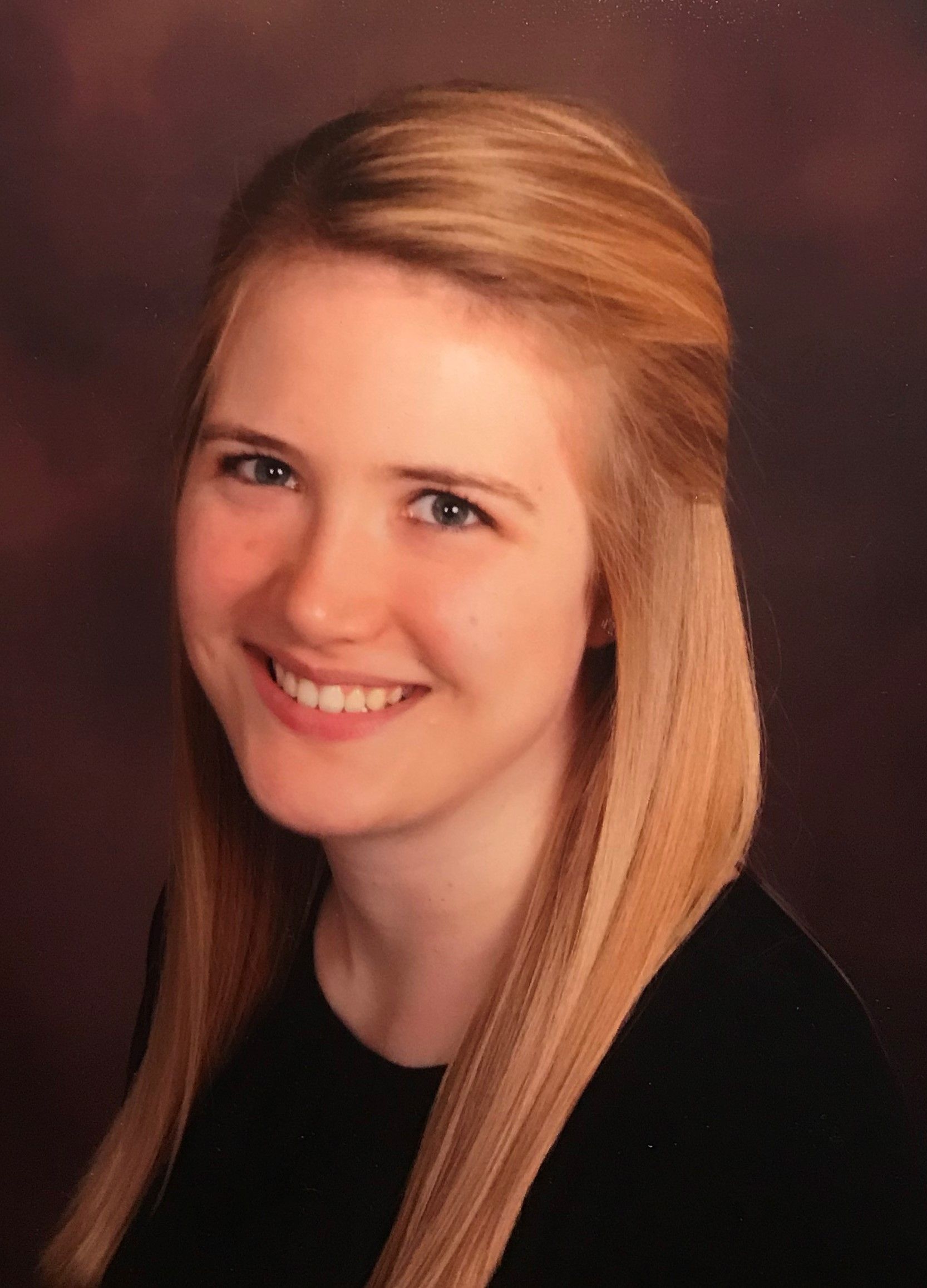Article
Cannabidiol Gets Thumbs Up from Federal Agencies
The FDA approved cannabidiol (CBD) last year for the treatment of seizures associated with Lennox-Gastaut and Dravet syndromes in patients aged 2 years and older. As pharmacists, we will likely be called upon as experts in CBD therapeutics.
The FDA approved cannabidiol (Epidiolex, Greenwich Pharmaceuticals) in June 2018 for the treatment of seizures associated with Lennox-Gastaut and Dravet syndromes in patients aged 2 years and older.1 This is the first drug approved by the FDA containing a purified marijuana derivative and the first approved medication for patients diagnosed with Dravet syndrome.
Since its approval in June, cannabidiol (CBD) has been made available by prescription. As pharmacists, we will likely be called upon as experts in CBD therapeutics.
CBD is a chemical component of the Cannabis sativa plant, but does not cause the intoxication or euphoria associated with marijuana use, as those psychoactive effects are due to tetrahydrocannabinol (THC). CBD acts within the endocannabinoid system, which is involved with pain modulation and inflammation.2 The endocannabinoid system downregulates the stress-related signals that cause chronic inflammation and pain, effecting the psychological response to discomfort. The 2 main ligands acting within this system include cannabinoid-1 (CB1) and cannabinoid-2 (CB2) receptors. CB1 receptors are present within the central nervous system while CB2 receptors are present in the periphery.
The largest challenge with bringing a CBD product to market was creating one that lacked THC to avoid psychoactivity with slow elimination and prolonged duration of action.3 The prolonged duration of action occurs naturally with a pure CBD in part because cannabinoids are highly lipid-soluble. Due to the known mechanism of CBD, antiseizure activity, and upregulation of CB1 receptor activity, Epidiolex was endorsed by both the FDA and the DEA.
The effectiveness of CBD for the treatment of seizures in patients with Lennox-Gastaut syndrome was proven in 2 randomized, double-blind, placebo controlled trials in patients aged 2-55 years.4 The first study compared CBD 20mg/kg/d versus placebo, while the second study compared CBD 10mg/kg/d and 20mg/kg/d versus placebo.4 Inclusion criteria for both trials was minimally 8-drop seizures during the baseline period. The primary endpoint was the percent change from baseline frequency of drop seizures per 28-days over the 14-week treatment trial. Use of CBD in patients with Lennox-Gastaut syndrome was associated with a significant reduction in total seizure frequency versus placebo. The first trial had a mean percent reduction in total seizure frequency per 28-days of 41% in patients on 20mg/kg/d compared to 14% in the placebo group. In the second trial, there was a mean percent reduction in total seizure frequency per 28-days of 36% in the 10mg/kg/d group, 38% in the 20mg/kg/d group and 18% in the placebo group.
The effectiveness of CBD for the treatment of seizures in patients with Dravet syndrome was proven in a single, randomized, double-blind, placebo-controlled trial of patients aged 2-18 years old.4 The study compared CBD 20mg/kg/d with placebo. The trial included a 4-week baseline period, a 2-week titration and 12-week maintenance period. Inclusion criteria for the trial included 4-convulsive seizures while stable on anti-epilepsy drug therapy during the baseline period. The primary endpoint was the percent change from baseline in the frequency per 28-days of convulsive seizures over the 14-week treatment period. The median percentage change in seizure activity during treatment was 39% in the Epidiolex group versus 13% in the placebo group.
The most common adverse effects in the trials included lethargy, elevated liver enzymes, decreased appetite, diarrhea, poor sleep quality and infections. CBD Tmax is 2.5-5 hours at steady state. If the medication is taken with a high fat or high calorie meal, Cmax is increased 5-fold and the AUC is increased four-fold.4 CBD is metabolized in the liver and has a plasma half-life of 56-61 hours with twice daily dosing and is primarily excreted in the feces.4
The FDA granted a priority review designation for the Epidiolex application and fast track designation was granted for Dravet syndrome, due to the lack of alternative treatments. Orphan drug designation was granted for both indications. After significant review, the FDA approved CBD and the DEA assigned it a Schedule V status.5 As pharmacists, we should seek out continuing education programs in this ever-expanding medication class.

This article was co-written with Leah A. Weiss, PharmD Candidate, 2019 Western New England University College of Pharmacy and Health Sciences in Springfield, MA. She recently completed an elective in advanced pharmacy practice at the Stratton Veterans Affairs Medical Center in Albany NY.
References
- FDA approves first drug comprised of an active ingredient derived from marijuana to treat rare, severe forms of epilepsy [news release]. Silver Spring, MD; June 25, 2018; FDA website. https://www.fda.gov/newsevents/newsroom/pressannouncements/ucm611046.htm?rel=0" ?rel=0" . Accessed January 4, 2019.
- Fine PG, Rosenfeld MJ. The endocannabinoid system, cannabinoids and pain. Rambam Maimonides Med J. 2013 Oct; 4(4): e0022.
- Friedman D, Devinsky Orrin. Cannabinoids in the treatment of epilepsy. N Engl Med. 2015 Sept 10; 373: 1048-1058.
- Epidiolex [Package Insert]. Carlsbad, CA: Greenwich Biosciences Inc; 2018.
- FDA-approved drug epidiolex placed in schedule V of Controlled Substance Act [news release]. Washington DC; DEA website: September 27, 2018. https://www.dea.gov/press-releases/2018/09/27/fda-approved-drug-epidiolex-placed-schedule-v-controlled-substance-act?rel=0" ?rel=0" . Accessed January 4, 2019.
Newsletter
Stay informed on drug updates, treatment guidelines, and pharmacy practice trends—subscribe to Pharmacy Times for weekly clinical insights.






